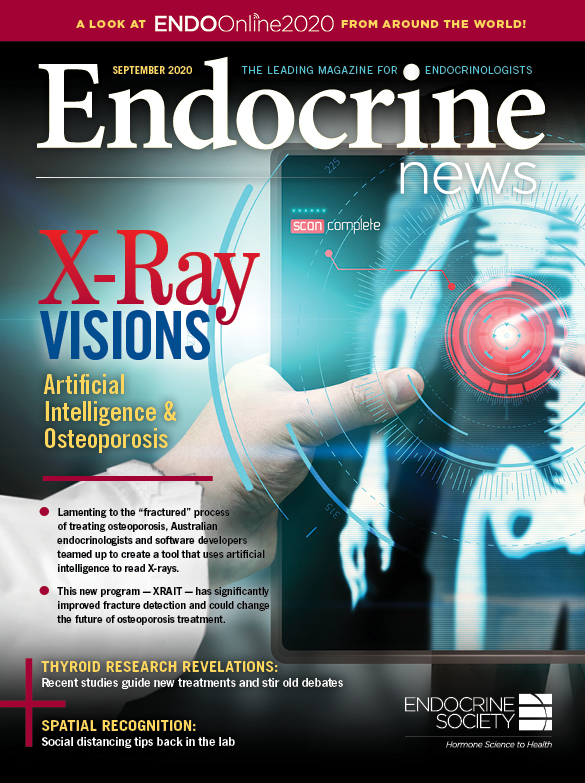Insulin Titration Software Combined with CGM Enables Patients with Diabetes to Improve Time in Range
First study to utilize CGM data with FDA-cleared, cloud-based titration software suggests significantly improved outcomes for patients while optimizing clinical resources This past summer, Glytec published the first proof-of-concept study that combines FDA-cleared remote insulin titration software and data from continuous glucose monitoring (CGM) systems. Results of the study, presented at the American Diabetes Association’s...
Dexcom last month announced it has signed a five-year collaboration agreement with the University of Virginia to advance its research and development efforts on continuous glucose monitoring-based solutions. The research partnership will center on advancing Dexcom’s automated insulin delivery technology and exploring the use of continuous glucose monitoring tools outside the type 1 diabetes market,...
A new tool for anyone in the United States struggling to access life-sustaining insulin launched today at GetInsulin.org. Created by global diabetes nonprofit organization Beyond Type 1, GetInsulin.org connects people with diabetes who take insulin to assistance programs and low-cost solutions that match their unique situation. Insulin is a life-essential medicine for over seven million people with...
 Due to the “fractured” process of treating osteoporosis, Australian researchers and software developers teamed up to create a tool that uses artificial intelligence to read X-rays. The new program —XRAIT — has significantly improved fracture detection and could change the future of osteoporosis treatment. Christopher White, MBBS, PhD, FRACP, an endocrinologist at Prince of Wales...
Due to the “fractured” process of treating osteoporosis, Australian researchers and software developers teamed up to create a tool that uses artificial intelligence to read X-rays. The new program —XRAIT — has significantly improved fracture detection and could change the future of osteoporosis treatment. Christopher White, MBBS, PhD, FRACP, an endocrinologist at Prince of Wales...Artificial Pancreas Can Prevent Dangerously Low Blood Sugar in People with Type 1 Diabetes
New system reduces the risk of exercise-related hypoglycemia A new artificial pancreas system can prevent hypoglycemia—episodes of dangerously low blood sugar—during and after heavy exercise in people with type 1 diabetes, according to a small study published in The Journal of Clinical Endocrinology & Metabolism. Despite advances in treatment, blood sugar control in type 1 diabetes remains challenging. The artificial pancreas has the potential to...
Singer/songwriter Crystal Bowersox kicks off the educational initiative by encouraging people to educate their support network and develop a plan for low blood sugar and very low blood sugar emergencies Eli Lilly and Company launched a new initiative earlier this summer to raise awareness about being prepared for these unpredictable conditions. With Know Before the...
Next-Generation Integrated Continuous Glucose Monitor Now Available Following FDA Clearance
An integrated continuous glucose monitor (iCGM) is now available for adults and now children (4+ years) living with diabetes, following its clearance in June from the U.S. Food and Drug Administration (FDA). Abbot is marketing this new technology as the FreeStyle® Libre 2. The FreeStyle Libre 2 system uses Bluetooth to automatically alerts users when...
Up, Up, and Away: How Drones Could Revolutionize Insulin Delivery
 Drones have delivered medications and other medical supplies to people in underdeveloped areas, but what of their use in times of disaster or even a pandemic to patients with chronic conditions such as diabetes? A multidisciplinary team has taken the first step to achieving insulin delivery via drone. The Aran Islands, located about 12 miles...
Drones have delivered medications and other medical supplies to people in underdeveloped areas, but what of their use in times of disaster or even a pandemic to patients with chronic conditions such as diabetes? A multidisciplinary team has taken the first step to achieving insulin delivery via drone. The Aran Islands, located about 12 miles...
